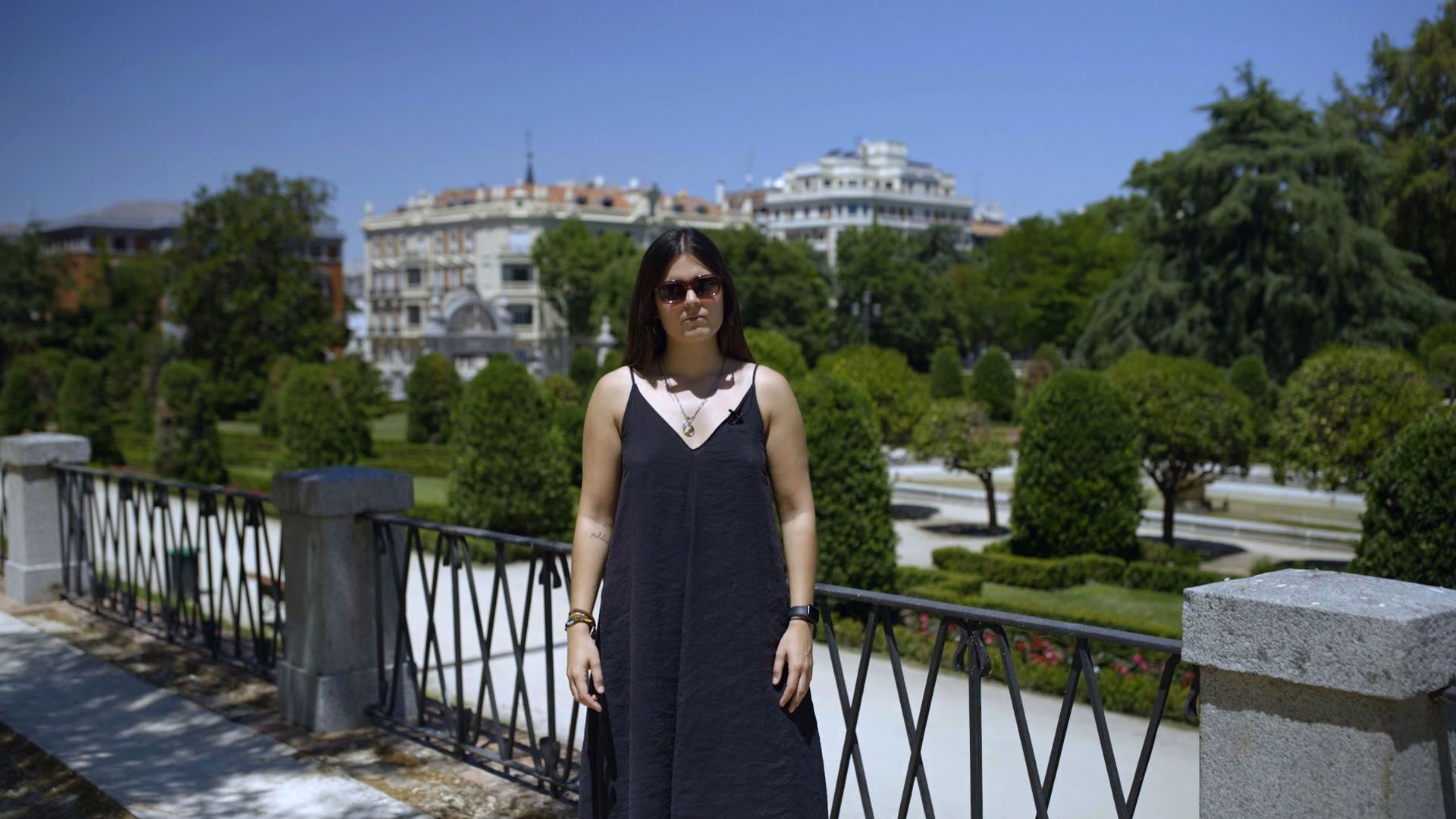Sunken Memories by Jairo Marcos and Angeles Fernandez

A young man can change country out of necessity, work, love or just a desire to see the world. And, if you want and everything goes well, one day you will be able to return to your city. That she will no longer be like him. But what happens if you can no longer return to your city because the place where you were born is now flooded? Jairo Marcos And Maria Angeles Fernandez traveled Spain get together drowned memories (Pepita) the voices of hundreds of neighbors who left the place where they lived decades ago because a new building was going to be built there tank.
Marcos and Fernandez defined this journalistic chronicle as “an immersion into the lives and stories” of people from different parts of Spain who had to leave behind their cities, lands and homes, their jobs, roots and ways of life, as well as their dead. at the cemetery – in connection with the construction of a reservoir. This is a book that talks about the search memory through the written word.
Memories underwater
The two journalists documented themselves through photographs, notes, letters, homemade manuscripts and self-published books, and conducted hundreds of leisurely interviews throughout their journey through Spain. drowned memories (Pepita) talks about neighbors affected by the reservoir Ebrobelonging Pormafrom Rianyo, Janovas and Valdecañas.
Through conversations Gradually, a voice is being given to those who do not figure in the heroic and official stories that make up the country’s identity. drowned memories It’s about silence, about stories of the soul. About those silent people who were told that there was no alternative and no other fate, that there would not even be an explanation, because there were no rights. They were not asked and they were not listened to. Mark And Fernandez They produce exemplary work that combines rigorous historical information with personal narratives full of emotion.
The Rooster That Never Stops – Land Without Borders: Cities Buried Underwater – Listen now
Each testimony conveys a unique perspective, like Juliancollected in the book: “What I miss most is that everyone can say, ‘I’m going to my city.’ You like him more, you like him less, he is more beautiful, he is uglier. Can you go? And if you don’t want to know anything about people, then don’t go. But I can’t say: “I’m going to my city.” It’s over. You can keep memories for as long as you want. Nothing more.”
“This is the story of a silent story“
Jairo Marcos In an interview with Pagina Dos, he talks about the clairvoyance of memories: “ProtectionOne of the neighbors had a lot of pain inside, but no resentment. He perfectly identified the place where his house, streets, church, cemetery were located. “She saw her childhood.” Maria Angeles Fernandez defines this book as “the history of a suppressed history.” These are not isolated cases, but rather there is a general paradigm mass movements people to build infrastructure for the common good. It was told piecemeal and piecemeal, and we wanted to do a collaborative story about the territory.
